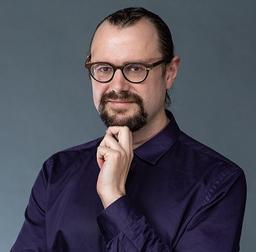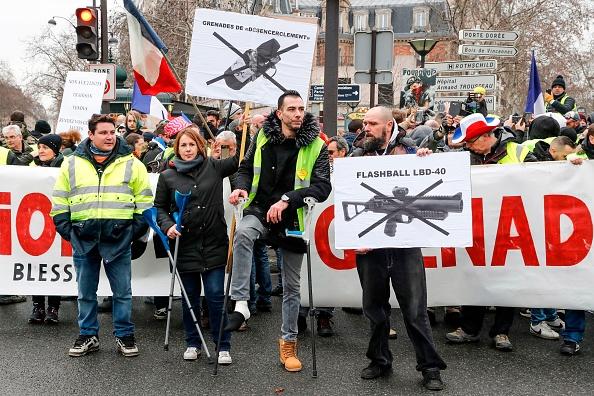PARIS—The French capital awoke and started a new week after a weekend full of darkness. The conversations were all still imbued with the attacks of Friday night. “Life goes on, we must continue to live,” is a common refrain, also used in a tweet by the French president as well as by passers-by scribbling on walls or monuments.
Parisians would like to move on.
Generally, in any serious event, there is an ending, or at least we know what to expect. Over three days, we know 168 administrative searches were conducted, seven terrorists were killed, four were identified, and one fled.
However, the conclusion is conspicuous by its absence. Because these attacks primarily mark a confirmation, the logical continuation of what had happened in January, during the attacks of Charlie Hebdo.
Scarier Than 9-11





